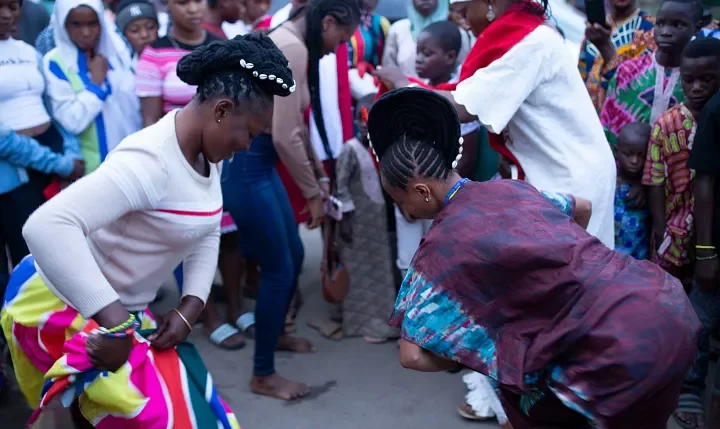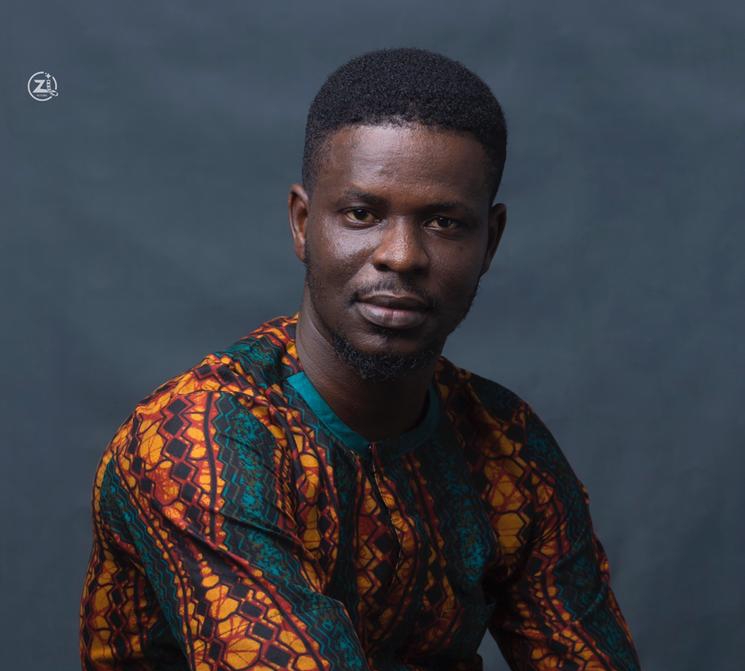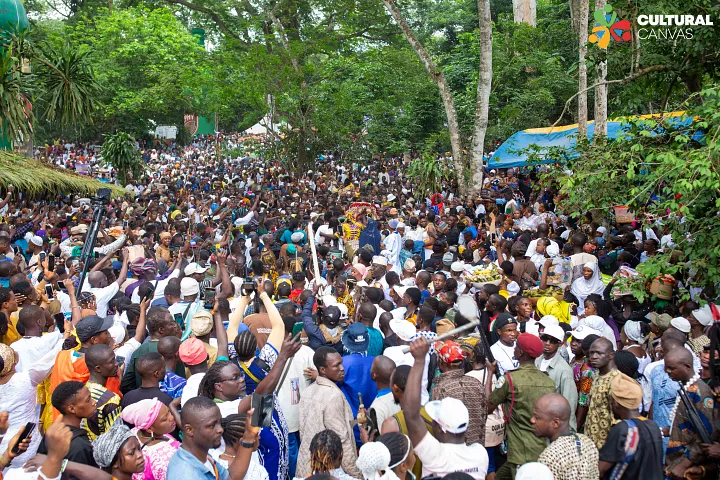In the ever-evolving landscape of African art, culture, and history, few individuals have managed to capture the vibrant essence of the continent’s traditions as effectively as Emmanuel Solate. His recent exploration of the Osun-Osogbo Festival, a deeply revered cultural event in Nigeria, is a testament to his ability to delve into the heart of Africa’s rich heritage and present it in a way that resonates with both local and global audiences.
The Osun-Osogbo Festival, a 600-year-old tradition, is more than just an event; it is a living testament to the enduring strength of Yoruba culture. Solate’s detailed account of this festival in his recent article titled: “The Osun Oshogbo Festival: A Timeless Celebration of Yoruba Culture and Heritage” goes beyond mere observation—it is a deep dive into the spiritual, historical, and cultural significance of the festival. By chronicling the origins of the Osun-Osogbo Festival, Solate brings to light the deep connection between the people of Osogbo and the goddess Osun, a bond that has been nurtured over centuries through rituals, sacrifices, and communal celebrations.
What sets Emmanuel Solate apart is his ability to weave the historical narrative of the festival with its contemporary significance. He does not simply recount the events; he provides a rich tapestry of the cultural practices, the role of traditional rulers, the economic impact, and the challenges the festival faces in modern times. Through his words, readers are transported to the vibrant streets of Osogbo, where the festival’s grand procession, led by the Arugba, comes to life in all its colorful splendor. Solate’s vivid descriptions allow readers to experience the energy, anticipation, and spiritual significance that permeate the air during the festival.
Moreover, Solate’s emphasis on the global recognition of the Osun-Osogbo Festival, particularly through its UNESCO World Heritage status and the recent attempt to set a Guinness World Record, highlights his understanding of the festival’s role in promoting Yoruba culture on a global stage. He recognizes the importance of preserving this cultural heritage while also embracing modernity and innovation, a balance that is crucial for the continued relevance of African traditions in today’s world.
Through his exploration of the Osun-Osogbo Festival, Solate has once again demonstrated his ingenuity in capturing the essence of African cultural festivals. His work serves as a bridge between the past and the present, ensuring that the rich traditions of the Yoruba people are not only preserved but also celebrated and appreciated by future generations.
In a world where cultural heritage is often at risk of being overshadowed by globalization, Solate’s dedication to documenting and promoting African culture is both commendable and necessary. His work is a reminder of the beauty, depth, and significance of African traditions, and his ability to bring these traditions to life through his writing is a gift to all who seek to understand and appreciate the vibrant tapestry of African art, culture, and history.
READ ALSO: Emmanuel Solate’s Appraisal of Opobo’s Rich Heritage
As Solate continues to explore and document the rich cultural heritage of Africa, it is clear that his work will continue to play a vital role in preserving these traditions and ensuring that they remain a source of inspiration and pride for generations to come. His insightful exploration of the Osun-Osogbo Festival is just one example of the impact his work has on the preservation and celebration of African culture, and it is a powerful testament to his commitment to this important cause.







